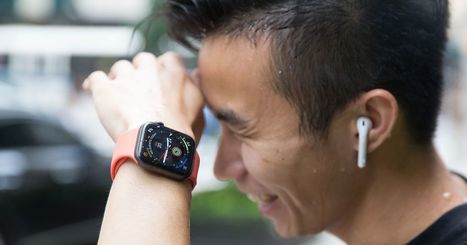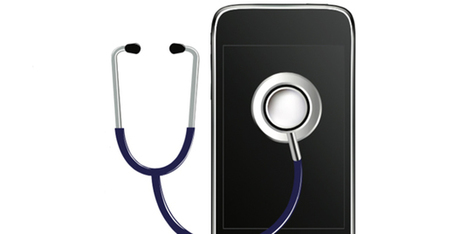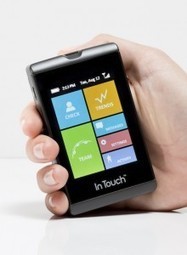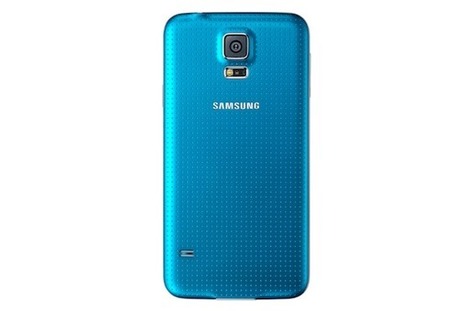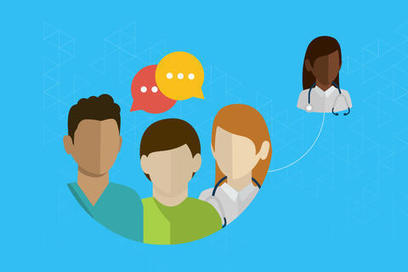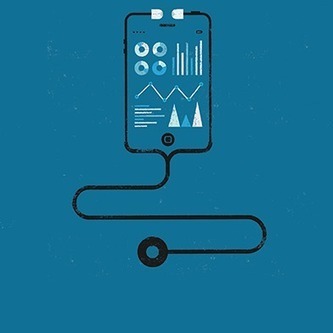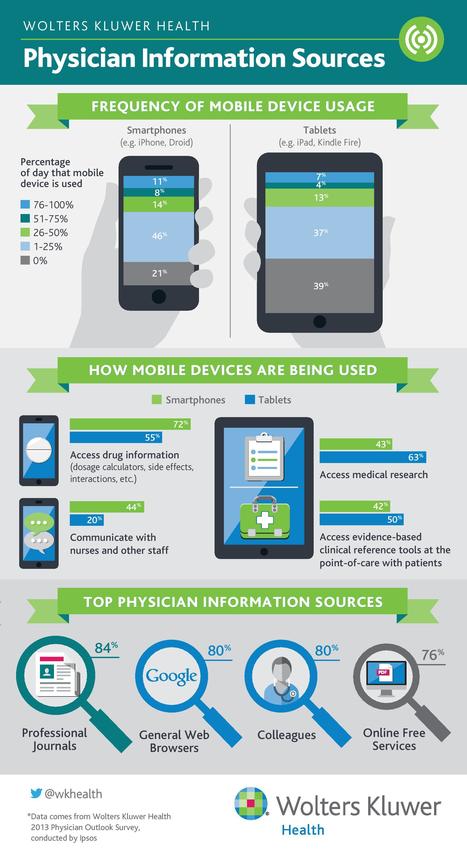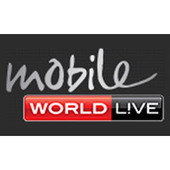Apple and Aetna are teaming up to launch the Attain app for iOS, which combines a user's personal health data with that tracked by an Apple Watch.
Get Started for FREE
Sign up with Facebook Sign up with X
I don't have a Facebook or a X account
 Your new post is loading... Your new post is loading...
 Your new post is loading... Your new post is loading...

Diabète Côté Femme's curator insight,
February 17, 2015 9:59 AM
le rôle des médecins dans la recommandation des applications clairement mis en lumière ...un article relevé par Rémy Teston

rob halkes's curator insight,
May 14, 2014 12:53 PM
Great blog by Andrew Spong, keen enough to see the great potential.. very much inspiring to all of pharma ;-) Must read, and still more: must think! |

Philippe Marchal's curator insight,
December 14, 2016 9:07 PM
A very good way to accelerate things !

Pharma Guy's curator insight,
November 28, 2015 9:06 AM
For more about what patients want in mHealth apps, read "Patient Activists Demand Higher Quality Mobile Apps"; http://bit.ly/pmn130701pdf

Vigisys's curator insight,
July 27, 2014 4:34 AM
La collecte de données de santé tout azimut, même à l'échelle de big data, et l'analyse de grands sets de données est certainement utile pour formuler des hypothèses de départ qui guideront la recherche. Ou permettront d'optimiser certains processus pour une meilleure efficacité. Mais entre deux, une recherche raisonnée et humaine reste indispensable pour réaliser les "vraies" découvertes. De nombreuses études du passé (bien avant le big data) l'ont démontré...

eMedToday's curator insight,
May 29, 2013 7:27 PM
As you develop apps you need to review quidelines for FDA approval. This is a big deal so developers need to be careful |




